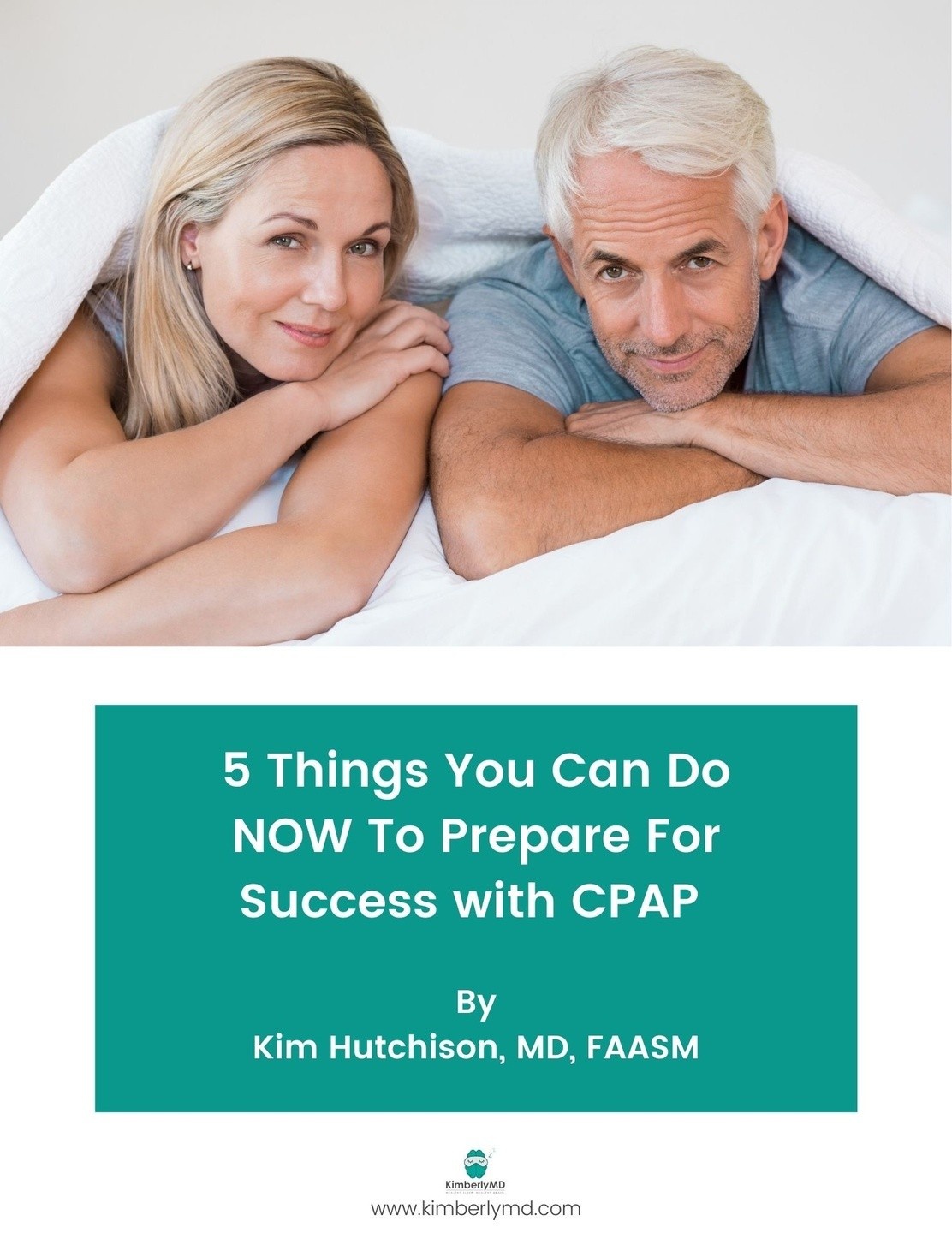Sleep Apnea and Follow-up Sleep Studies: What You Need to Know
Hey Sleep Warriors!
Today, we're diving into a topic that has garnered quite a few questions over the years: “How often should you undergo a sleep study after being diagnosed with sleep apnea?"
Imagine this, you've been diagnosed with sleep apnea, you've got your treatment in place, and you're now comfortably breathing easy at night. This may go on for years. Then, the big question becomes, when should you go back for another sleep study?
Here's the deal. Once you're diagnosed and are comfortable with your treatment, repeating a sleep study is, more often than not, not medically required. That's right! Because sleep apnea is a chronic condition, once you get the diagnosis, you don't need to keep going back to prove you still have it.
In fact, I've had some patients who have been on sleep apnea therapy for decades without ever setting foot back in a sleep lab.
Your CPAP machine, however, like all equipment, has a lifespan. You'll need to replace your CPAP roughly every 7 to 10 years. But—and this is key—just because you're replacing your machine doesn't mean you need to revisit the sleep lab. If you're feeling refreshed every morning and the data from your machine looks consistent and positive, then it's an affirmation that everything's on track.
Now, as with everything in the medical realm, there are exceptions.
- Significant Weight Loss: We're talking major transformation. If you've lost a lot of weight, there's a chance your sleep apnea could resolve, or at least, decrease in severity. Going back to the sleep lab to determine the NEW severity and/or having a repeat CPAP titration study to determine new pressure settings, may be beneficial. However, even after weight loss, there are ways to avoid returning to the sleep lab, so talk with your provider to see what is right for you.
- Changes in your machine numbers. This is a crucial one. If the data from your machine starts showing concerning patterns like a hike in your AHI (Apnea-Hypopnea Index), your provider may want to make some minor adjustments to your settings. If this doesn’t resolve the issue, you may need to return to the lab so your provider can get a better view of what's going on. Be sure and let your provider know of any new medications or weight gain – both of which can impact your sleep apnea.
- Changing medical equipment providers. Let’s say you move across the country - you’ll most likely need to switch your medical equipment provider - which is the company that supplies your masks, filters and hoses. The new company will need to have a copy of your original sleep study to “prove” that you indeed have sleep apnea and they can bill your insurance company for supplies. If you no longer have access to this study and can’t get a copy, you may need to get a new sleep study. A pro-tip is that your old equipment company likely has a copy and they can often forward this to you or the new equipment company. Now, even with the old sleep study, there are some insurances out there that will just insist on a new diagnostic test. Unfortunately, this means that you will need to spend the night without your CPAP - so talk to your provider about preparing and don’t plan on any significant driving the next day!
Now, a golden nugget of advice here. The world of sleep studies has evolved. Today, most diagnostic sleep studies are actually conducted at home. Yep, in the comfort of your pajamas and favorite bedtime stories! But here's where you need to tread with caution. If you've had past sleep studies done in a lab, those numbers might differ from the ones done at home. It's not an apples-to-apples comparison, so always remember to consider the context when interpreting any updated results.
Sleep is crucial, friends. It's our body's natural way of recharging, healing, and rejuvenating. And if you've battled sleep apnea and found your therapeutic sweet spot, great job, keep up the good work.
Thanks for being here, I’ll see you next week.



